The Organisers
-
Chair: Prof Gus Nathan, Director, Centre for Energy Technology, The University of Adelaide
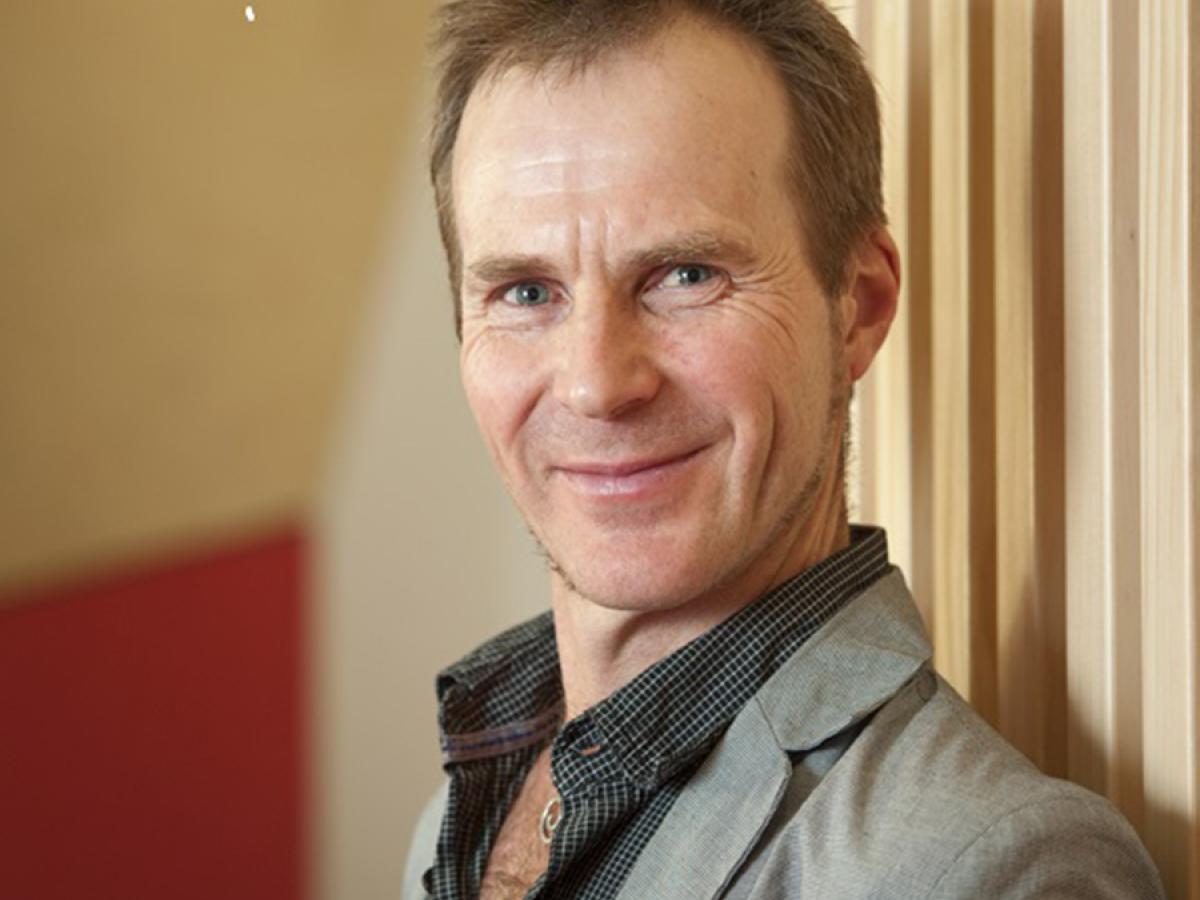
Professor Graham 'Gus' Nathan is the founding Director of the Centre for Energy Technology at the University of Adelaide. He is also Director of the Heavy Industry Low-carbon Transition (HILT) CRC.
Professor Nathan is an ARC Discovery Outstanding Researcher, who specialises in thermal energy engineering in systems supplied by solar, geothermal and the combustion of fossil and bio-fuels. He also works with hydrogen, wind and wave power and his recent work has focused on novel approaches to integrate and optimise these different energy sources.
He has played a leading role in the development of six patented technologies. He was principal leader of the Chief Design Team for the award winning fuel and combustion system for the Sydney Olympic Relay Torch and was co-inventor of the patented combustor that was subsequently also used in the torch and stadium flame for the Athens Games.
Professor Nathan is Chair of the international steering committee and the local organising committee for HiTeMP-3.
-
Prof Geoff Brooks, School of Engineering, Swinburne University of Technology
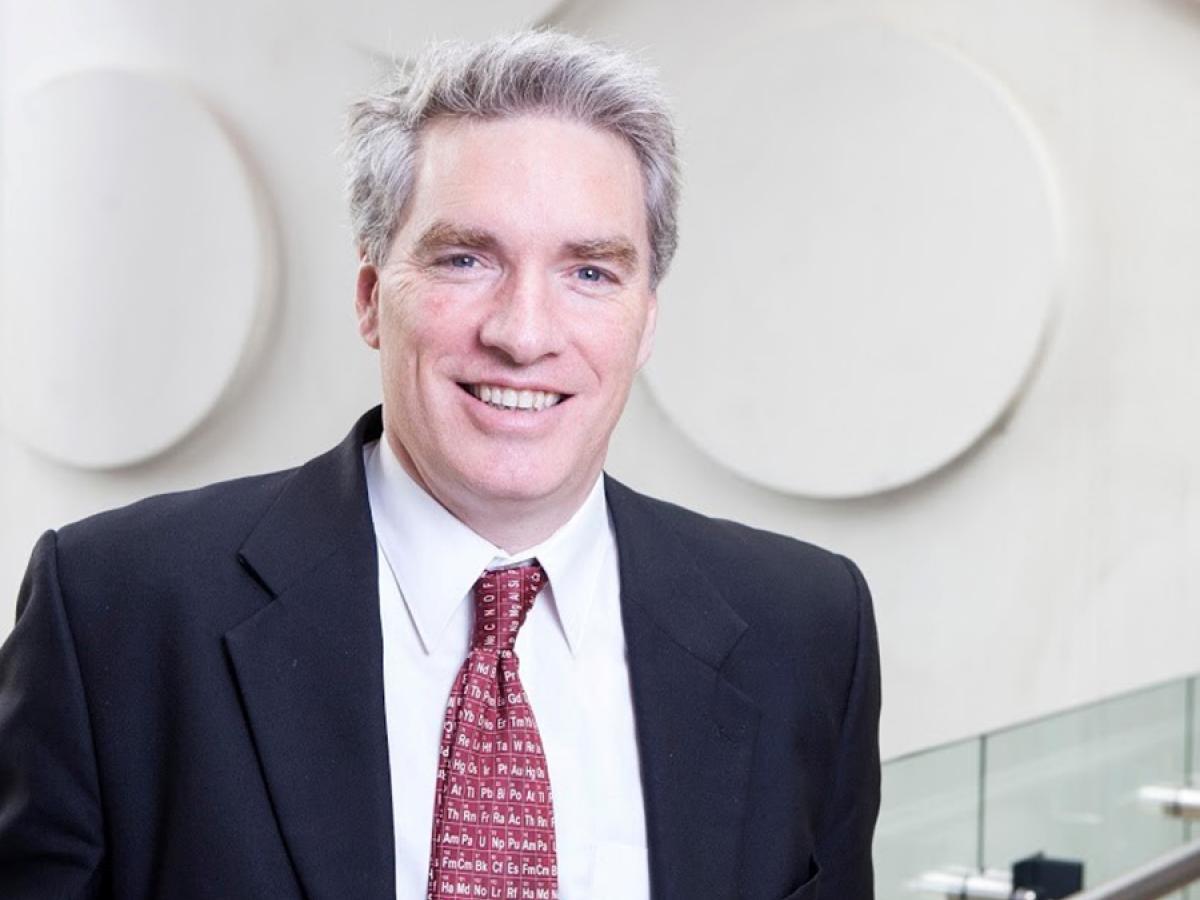
Geoff Brooks is the Joint Swinburne/CSIRO Professor for Sustainable Minerals Processing. He has been a Professor at Swinburne for 17 years and previously held academic positions at the University of Wollongong and McMaster University. Over his career he has worked with many major metallurgical companies, particularly in the steel industry, and published over 250 papers with his co-authors. He and his co-authors won numerous best paper awards from international societies, including awards from the TMS, ASM and IOM3. Geoff was awarded the Bessemer Gold Medal from IOM3 in 2023 for his contribution to the international steel industry.
-
Prof Bassam Dally, King Abdullah University of Science and Technology (KAUST)
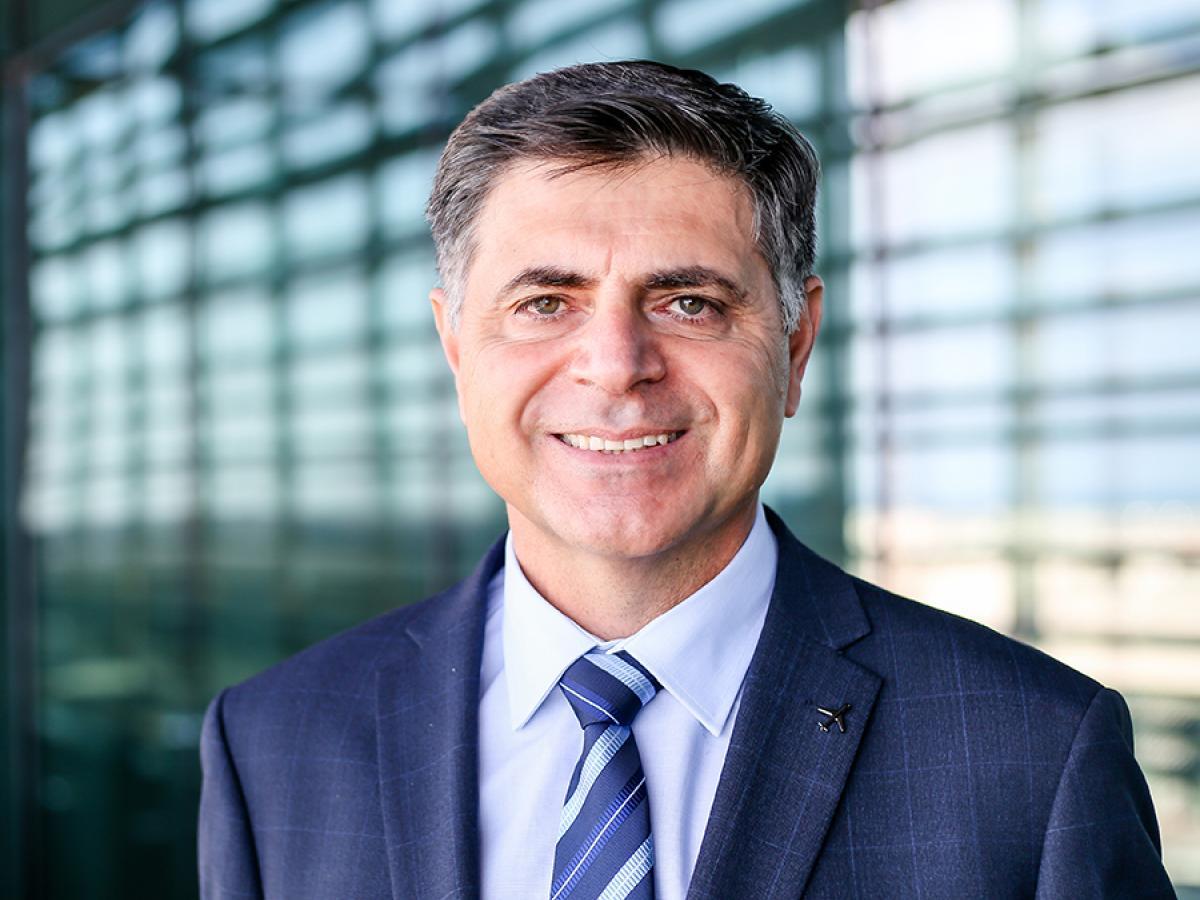
Bassam Dally has more than 30 years’ experience in academia focusing on research and technology development of energy production and conversion. He has expertise in many related research topics including combustion, concentrated solar thermal, tidal power, mineral processing and hybridization. His current research is focused on developing cost-effective and innovative technologies that deliver carbon mitigation under the circular carbon economy approach. In particular, he is working on technology solutions to decarbonise heavy industries through flexible integration of alternative energy sources such as hydrogen and ammonia combustion, concentrated solar thermal and solar-combustion hybrids.
Bassam is a Professor of Mechanical Engineering at King Abdullah University of Science and Technology (KAUST) and a member of the Clean Combustion Research Center (CCRC). He obtained his PhD in Combustion Science, from the University of Sydney in 1998 and in the same year he joined the School of Mechanical Engineering at the University of Adelaide, where he served as Deputy Head of School from 2001-2010 and Head of School from 2010-14. In Adelaide, he helped to establish the Centre for Energy Technology, and served as Deputy Director from 2009-2020. Prof Dally has contributed scholarly publications to many research fields including combustion science, aerodynamics, heat transfer, applied optics, computational fluid dynamics, and renewable energy including wind, solar and tidal wave. He published more than 200 journal papers in leading international journals, collaborates widely with many researchers from around the world and have jointly attracted ~$39M in funding from ARENA (4 projects) and ~$5M from the ARC (11 research grants).
-
Mr Carl Firman, Program Manager, Sustainability (Bauxite & Alumina), International Aluminium Institute
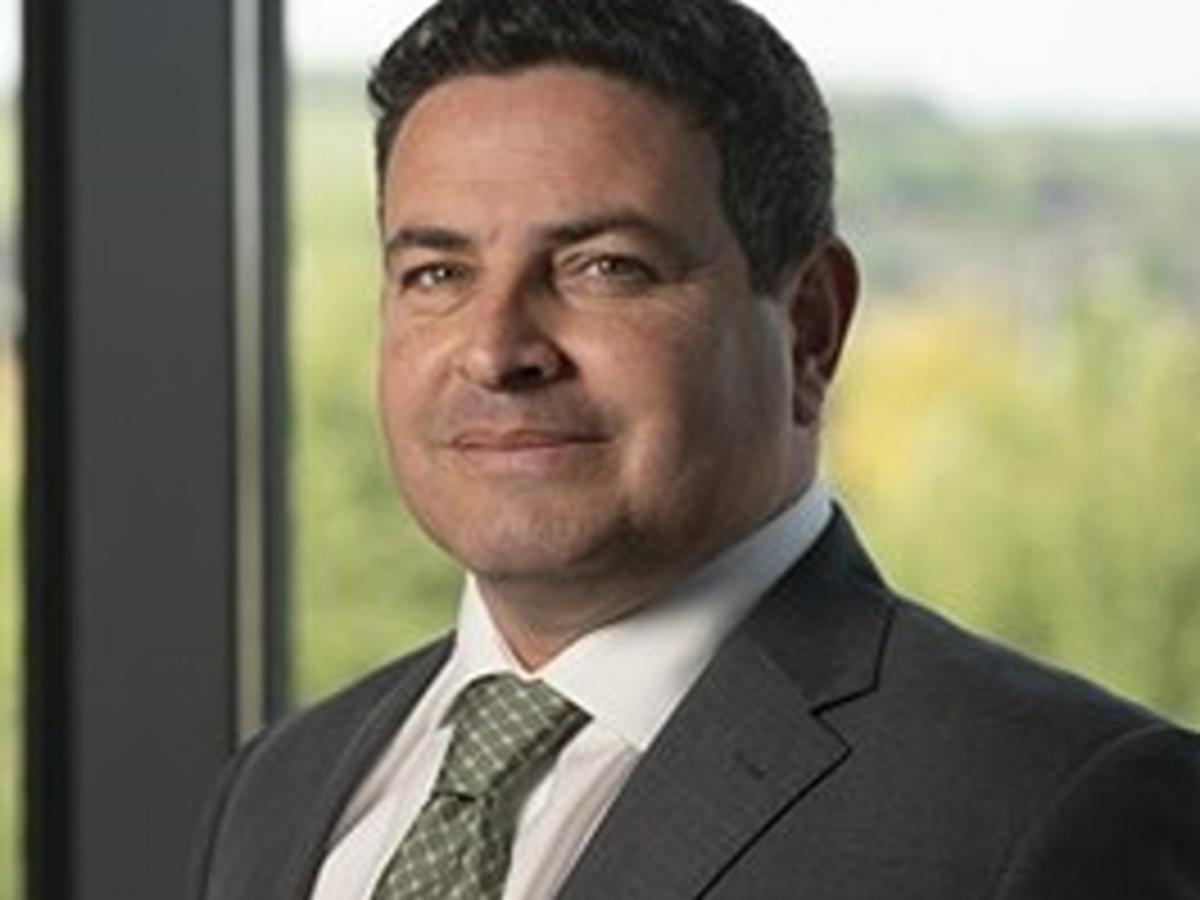
Carl Firman holds a BSc (Hons) in Geology from the University of London and has worked in the natural resources sector since the 1990s. For the past 25 years, his work has centred on metals and mining cost benchmarking, decarbonisation and market/equity analysis. He began his career as an exploration geologist with Phillips Petroleum in the UK, before moving to the Far East to work with Acer Consultants. He subsequently joined Mining Journal and later held roles in several mining and commodity research institutions in the UK, including serving as Acting Research Director at Wood Mackenzie. Carl joined the International Aluminium Institute in 2023, where he focuses on sustainability in the upstream aluminium value chain.
-
Mr Wayne Harris, General Manager - Planning and Business Development (GFG Industrial Planning Office), GFG Alliance
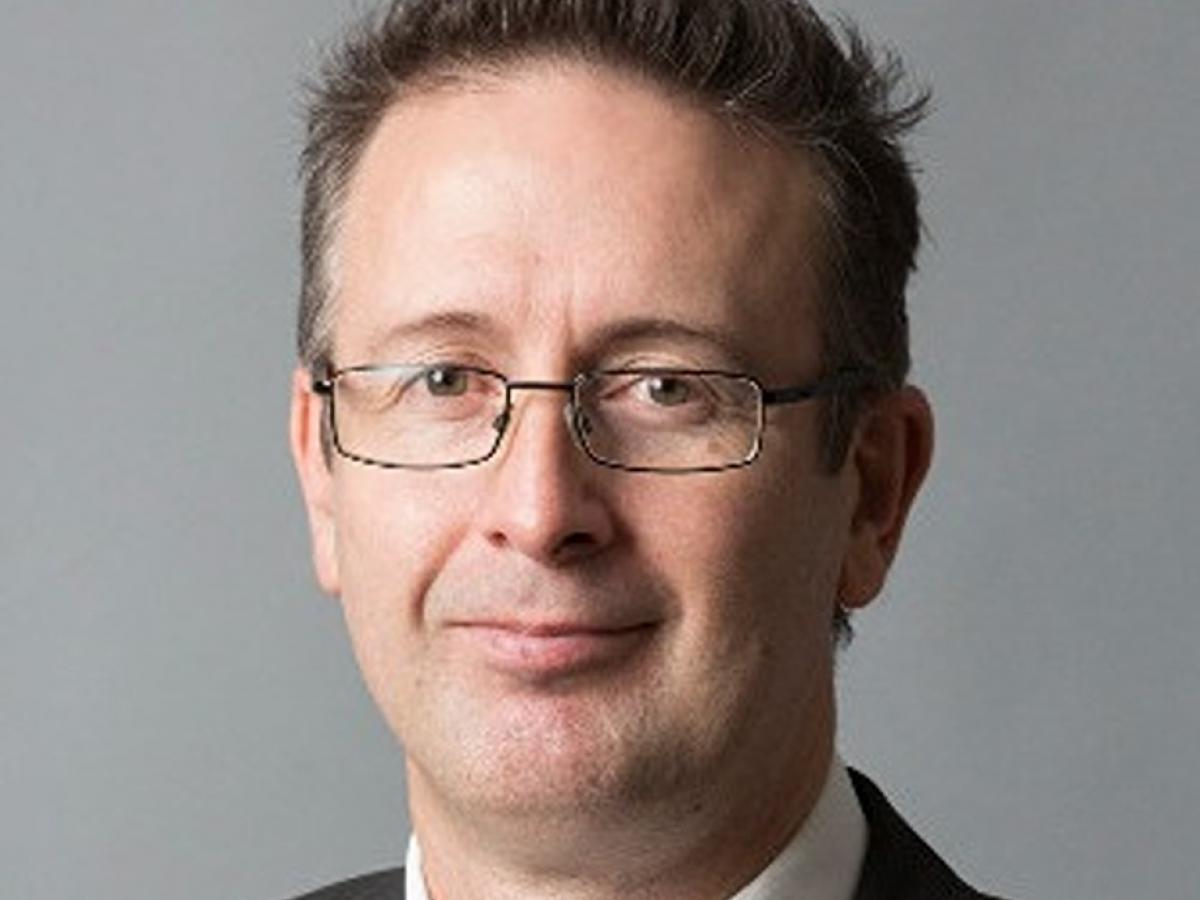
Wayne has over 25 years’ experience in general management and senior executive roles within multiple industries across Australia and overseas, including iron and steel, large scale manufacturing and automotive. In his current role he is responsible for planning and business development in the GFG’s Industrial Planning Office. This includes oversight of the Australian and global program management offices, along with industry stakeholder engagement and strategic projects in Australia.
-
Dr Lina Hockaday, Curtin University
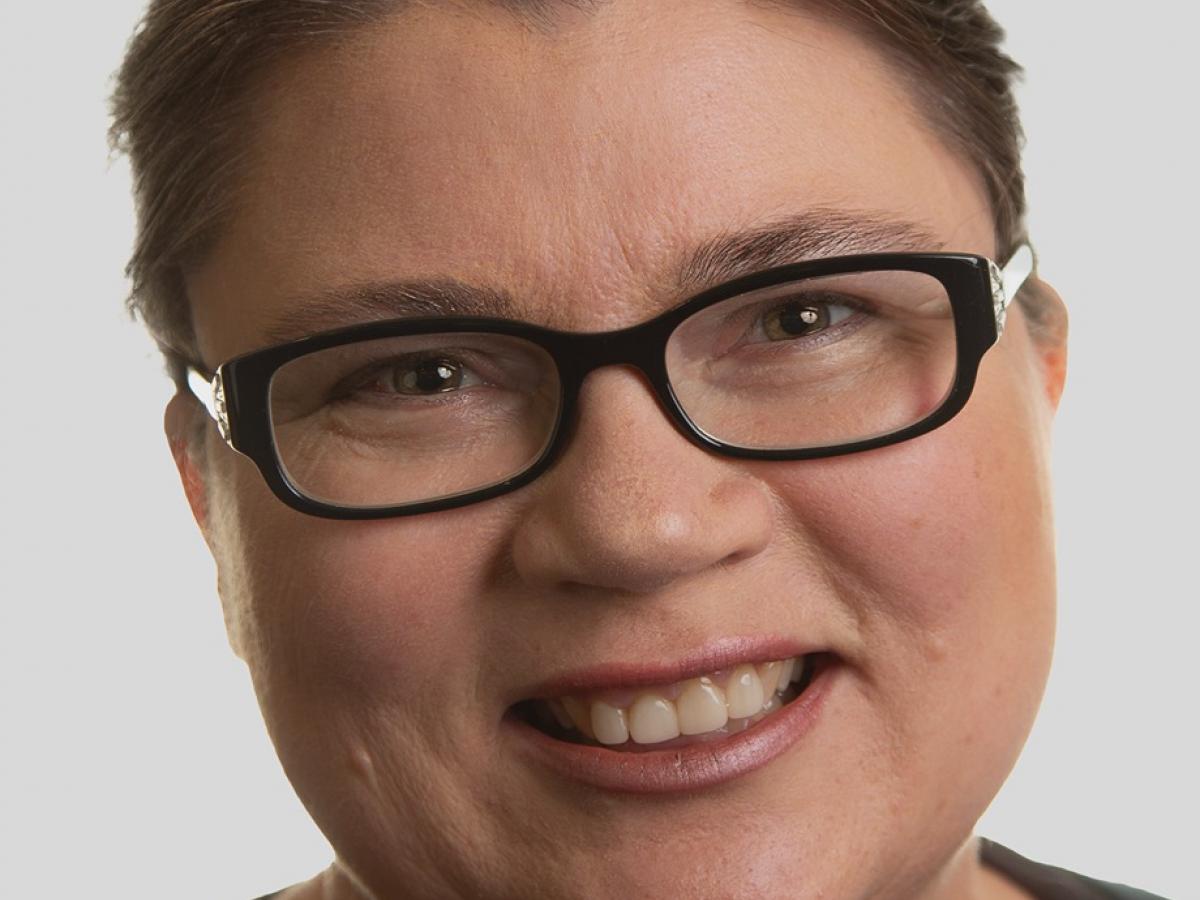
Lina Hockaday has 18 years of pyrometallurgical research experience in the non-ferrous industry. She joined Mintek in 2002 after obtaining her B. Chem.Eng. (Minerals Processing) and M.Sc. in Extractive Metallurgy at the University of Stellenbosch in South Africa. During 2002 to 2010 she worked in the commercial projects group on various projects including the recovery of precious metals in liquid iron and the smelting of ores to produce design specifications of an industrial ferrochrome DC arc furnace. From 2011 to late 2015 she took a break from work and had two delightful children, now aged 13 and 10. From 2015 till 2021, she has been involved in research of new technologies for titanium metal production, chlorination of titanium dioxides in a fluidized bed, and the applications of concentrating solar energy in mineral processing. In 2023 she obtained her PhD Mech Eng with the thesis entitled “Solar Thermal Treatment of Manganese Ores”. Dr Hockaday resigned from Mintek in June 2021 to move with her family to Perth, Australia. Since Oct 2022 she has been employed at Curtin University as a senior engineer and postdoctoral research fellow executing two HILT CRC projects involving the low-carbon upgrading of iron ores.
-
Mr Brian McDonald, Technical Development Director, Roy Hill
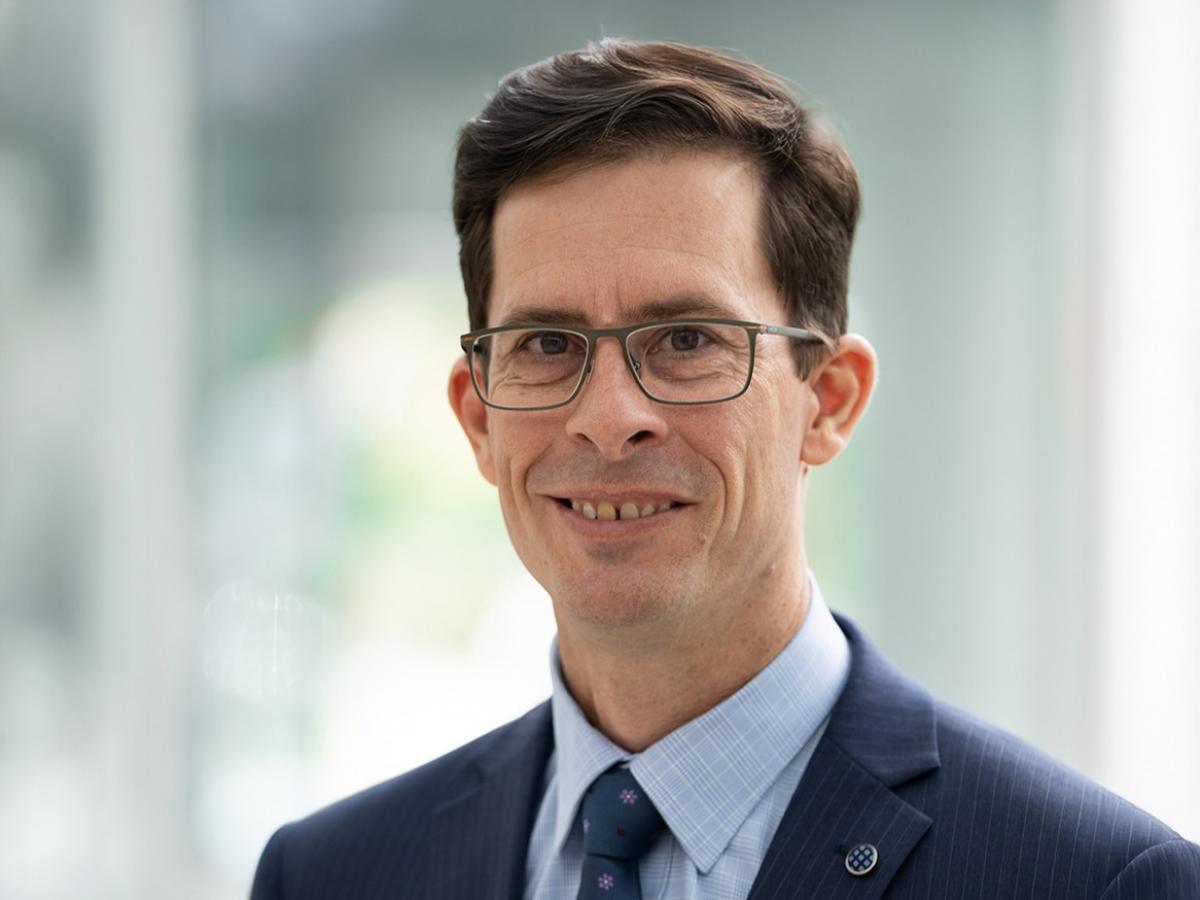
Brian has over 30 years’ experience in the iron ore mining and steelmaking industries, and possesses a unique combination of technical expertise, commercial acumen and industry insight. During this time his involvement has included:
- R&D, operation, commercialisation and marketing relating to ground-breaking new processing technology, including DRI / HBI and Direct Smelting (HIsmelt)
- Studying the feasibility of new iron ore mines and processing technology
- Sales & technical marketing for iron ore, working with customers in China (including a 2-year placement in Beijing), Japan, Korea, Taiwan, South-East Asia and India
- BF-BOF steelmaking operations
Brian works for Roy Hill, a 60 million tonnes per year producer of iron ore, which is majority owned by Hancock Prospecting (the largest privately owned company in Australia, and a Top 10 company by profits).
Brian represents Roy Hill’s involvement as a Core Partner in the HILT CRC, and Chairs the Steering Committee which recommends research projects to the Board for approval.
-
Ms Sabine Mitter, Federal Ministry for Climate Action, Environment, Energy, Mobility, Innovation and Technology
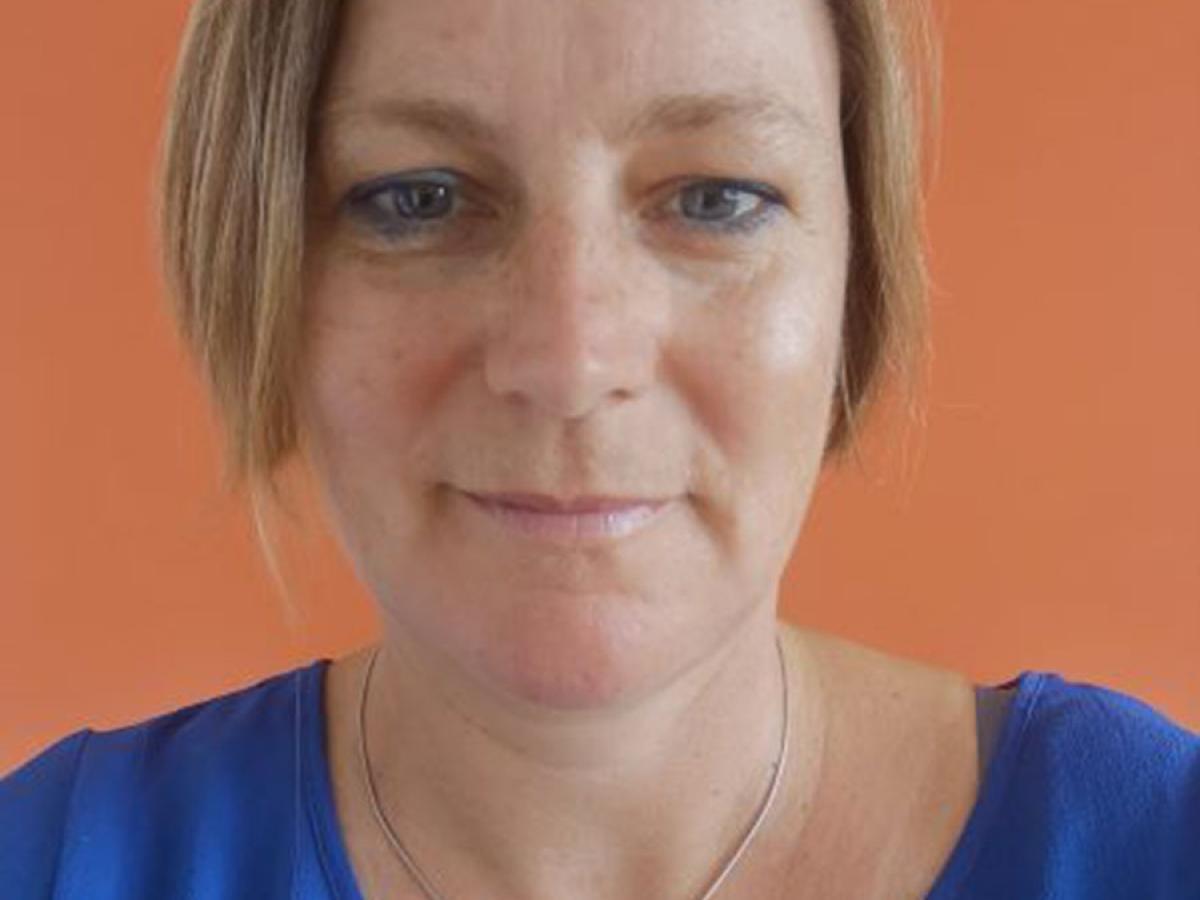
Since 2004, Sabine Mitter has been working for the Austrian Government in the field of energy and environmental research, technology and innovation.
Sabine is responsible for the national technology programme “IEA Research Cooperation” in the Federal Ministry for Climate Action, Environment, Energy, Mobility, Innovation and Technology. She is Austrian delegate in the IEA Committee for Energy Research and Technology, Chair of the IEA End-Use Working Party and Vice-Chair of the IEA Equality TCP.
Since 2018, when Austria joined Mission Innovation, Sabine has been serving as senior official and supporting the Net Zero Industries Mission. She oversees the energy research activities of the Austrian Climate and Energy Fund. Her thematic expertise is in solar thermal energy, heat pumps, energy efficiency, energy storage, industrial decarbonisation and gender equality.
-
Dr Alan Monaghan, Senior Vice President Technology & Expert Solutions - Mining, Minerals and Metals, Worley
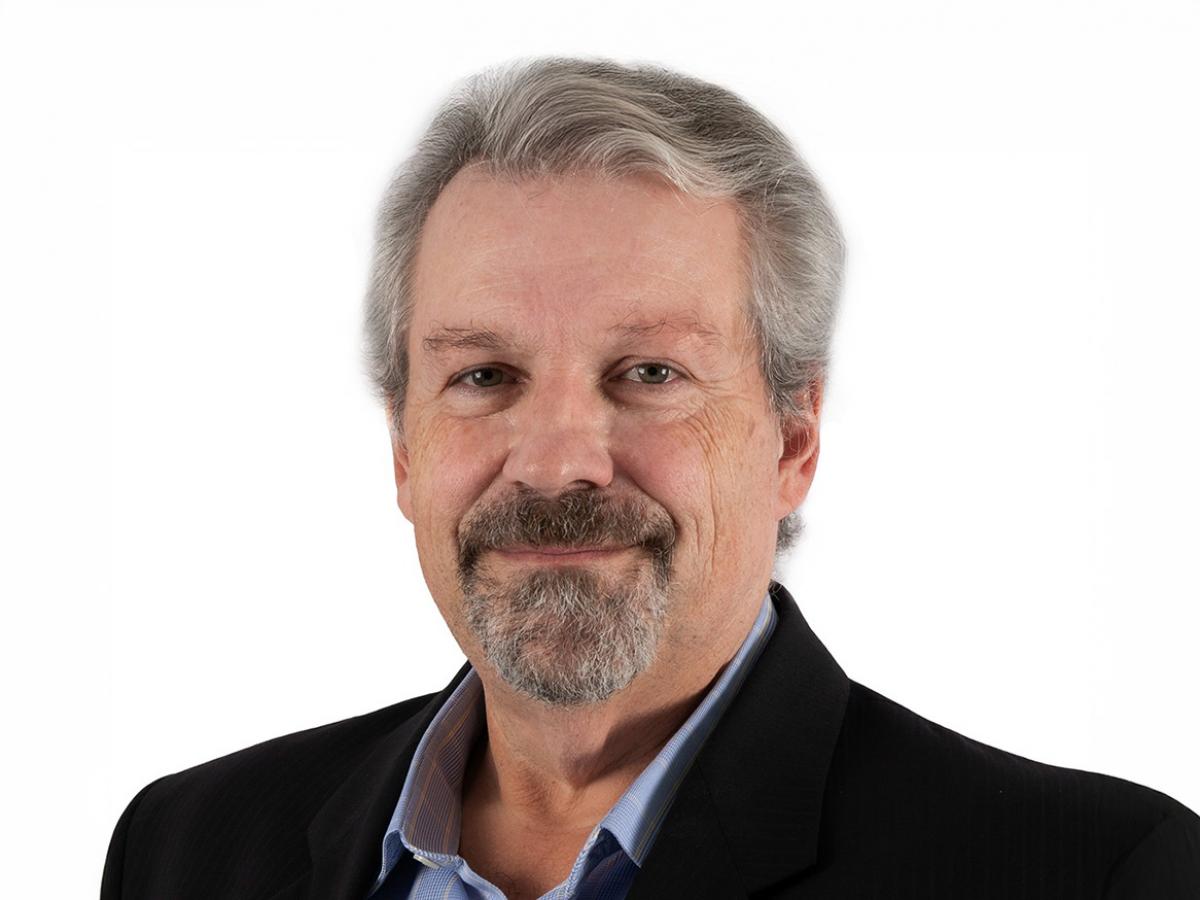
Alan is the Senior Vice President of Worley’s Technology & Expert Solutions (TES) team for the Mining, Minerals and Metals sector.
TES provides world class technical and innovative capabilities into Worley’s overall project delivery offering, leveraging our expertise in process and technology solutions to deliver outstanding and differentiated value into our client operations.
Alan has over 25 years’ experience in senior and executive roles in the resources and construction sectors, spanning project and program management, technology & research commercialisation, and major strategy and change management programs, including business improvement programs and organisational restructures.
A physicist and geophysicist by training, Alan has broad experience in senior management roles and a great depth of understanding of strategic issues affecting business performance.
-
Mr Simon Nitschke, Technologies Regional Director - Australia Pacific, Hatch
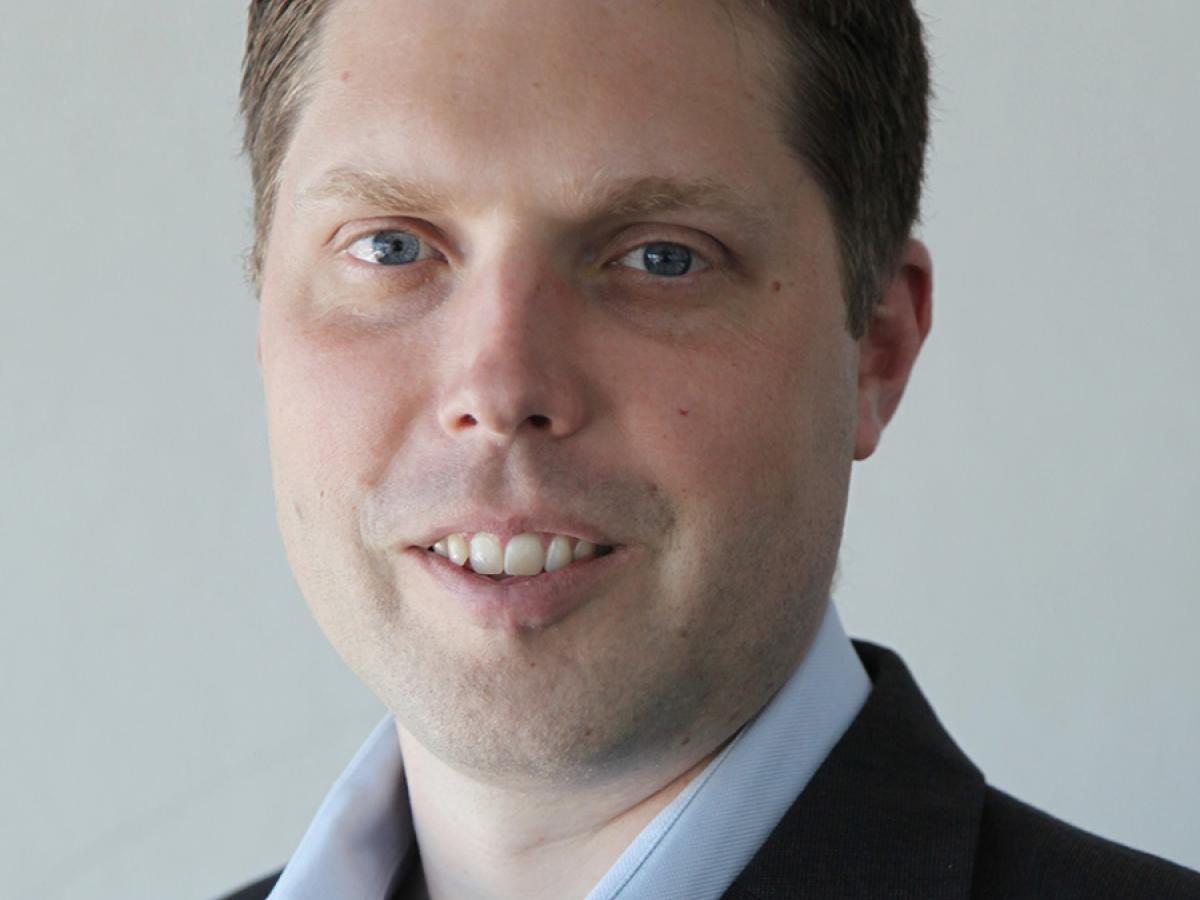
Simon is currently the Regional Director of Hatch’s Technology Practice in Australasia. He has managed the engineering study and project delivery of large-scale pyrometallurgical facilities with a specific focus on smelting furnace design. His technical experience includes the thermal and mechanical design of furnace technology systems using a wide variety of analysis techniques and design tools and has managed the design, construction, commissioning and operation of various high temperature processing plants. Simon completed his engineering degree at The University of Adelaide before joining Hatch in Australia and has held various positions within the company based in Canada, South Africa and New Caledonia.
-
Prof Nazmiye Ozkan, Head, Center for Energy Systems and Strategy, Cranfield University

Prof. Nazmiye Ozkan has a Chair in Sustainable Energy Transitions and is Head of Center for Energy Systems and Strategy at Cranfield University. She leads the economics, policy, and markets work package whilst acting as the UK National Director in the HyPT Center. Building on her interdisciplinary training as an urban planner, she focuses on energy systems modelling and spatial understanding of energy system transitions and associated implications for policy and planning. Using mixed methods, she develops socio-technical frameworks, models, and tools. She led and took part in several projects on how the hydrogen economy may develop in the UK, including transport and domestic sectors. She was a secondee to the UK Department of Energy and Climate Change, Strategy Directorate to provide analytical support to the ‘Carbon Plan’. Dr. Nazmiye Ozkan holds a PhD in Regional Planning from the University of Illinois at Urbana-Champaign.
-
A/Prof John Pye, College of Engineering & Computer Science, ANU

A/Prof John Pye is a Senior Lecturer at the Australian National University’s College of Engineering and Computer Science. His areas of expertise include: energy generation, conversion and storage engineering; renewable power and energy systems engineering; process control and simulation; and mechanical engineering.
A/Prof Pye has been a researcher with the Solar Thermal Group at ANU since 2006. In 2012, he was a visiting scholar at Sandia National Laboratories, National Solar Thermal Test Facility, Albuquerque, New Mexico. His research interests include: high-temperature solar-thermal energy systems; concentrating solar thermal power (CSP aka CST); energy systems modelling; free/open-source software for engineering; optics of non-imaging concentrators; solar receiver design; hybrid thermal energy systems; thermodynamic fluid property calculation; and biomass gasification in supercritical steam.
-
Mr Will Reeves, Manager, Business Development and Transactions, ARENA

Will Reeves is an Investment Manager in the Heavy Industry team at the Australian Renewable Energy Agency (ARENA). ARENA invests in innovative clean energy technologies to accelerate Australia’s transition to net zero. Will focuses on ARENA’s Low Emission and Green Metals portfolios as well as Industrial Decarbonisation opportunities. Prior to joining ARENA, Will worked in infrastructure private markets investment and in PwC’s Deals Modelling team, where he supported complex transactions across infrastructure and energy markets. He holds a Bachelor of Commerce (First Class Honours) in Finance and Economics from the University of Sydney.
-
Prof Christian Sattler, German Aerospace Center, DLR
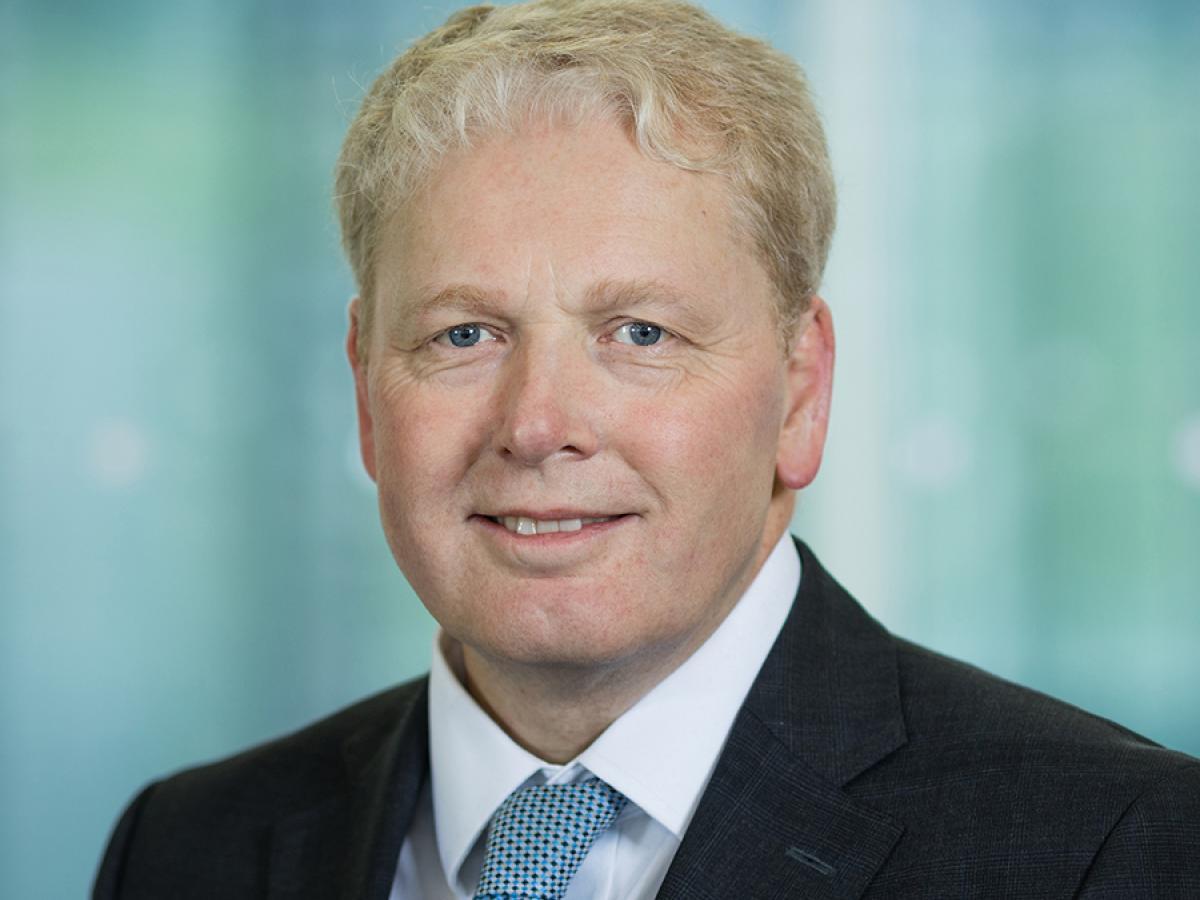
Prof. Dr. Christian Sattler studied chemistry at the University of Bonn, Germany. He is Director of the German Aerospace Centre's (DLR) Institute of Future Fuels, and Professor for solar fuel production at RWTH Aachen University, Germany. He serves as Vice President of the Association Hydrogen Europe Research representing the European research institutions in the European Clean Hydrogen Partnership. He is the national representative to tasks of the IEA’s SolarPACES Implementing Agreement, and member of the ASME’s Clean Energy Technical Group.
-
Dr Alessio Scarsella, COO, Almatis
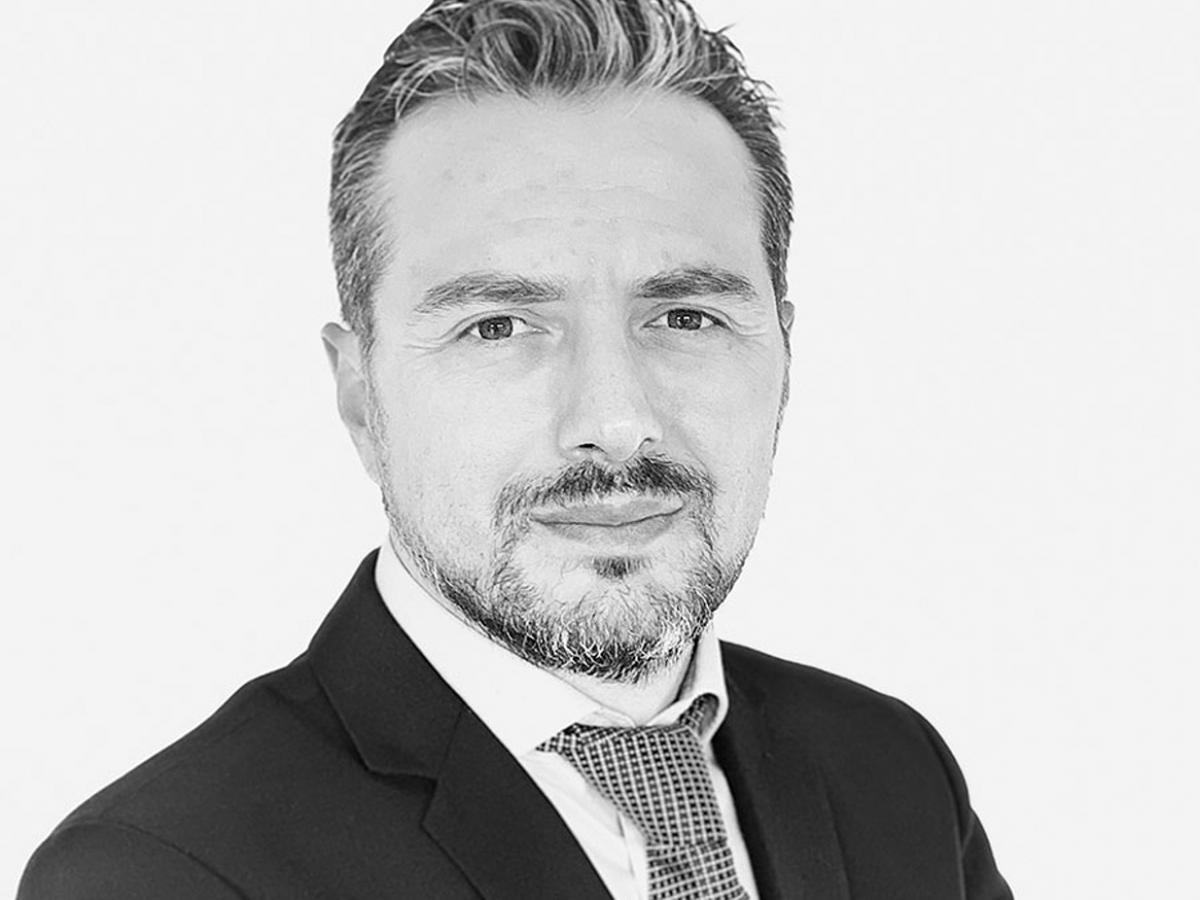
Dr Alessio Scarsella is a graduate of the University of Adelaide and holds a Bachelor of Chemical Engineering, PhD in Chemical Engineering and a Master of Business Administration. He has been working in the mining, minerals, energy and chemical sectors for over 20 years. Dr Scarsella started his career in the power generation sector in Australia then progressed with Rio Tinto, Outotec and Metso, where he held global leadership positions resulting in the establishment of several operations around the world that have contributed significantly to the global production of Aluminum. Dr Scarsella now holds the position of Chief Operating Officer for the world’s largest Specialty Alumina Producer, Almatis, and oversees the global operations, of 8 sites worldwide.
-
Ms Jenny Selway, Chief Executive Officer, HILT CRC
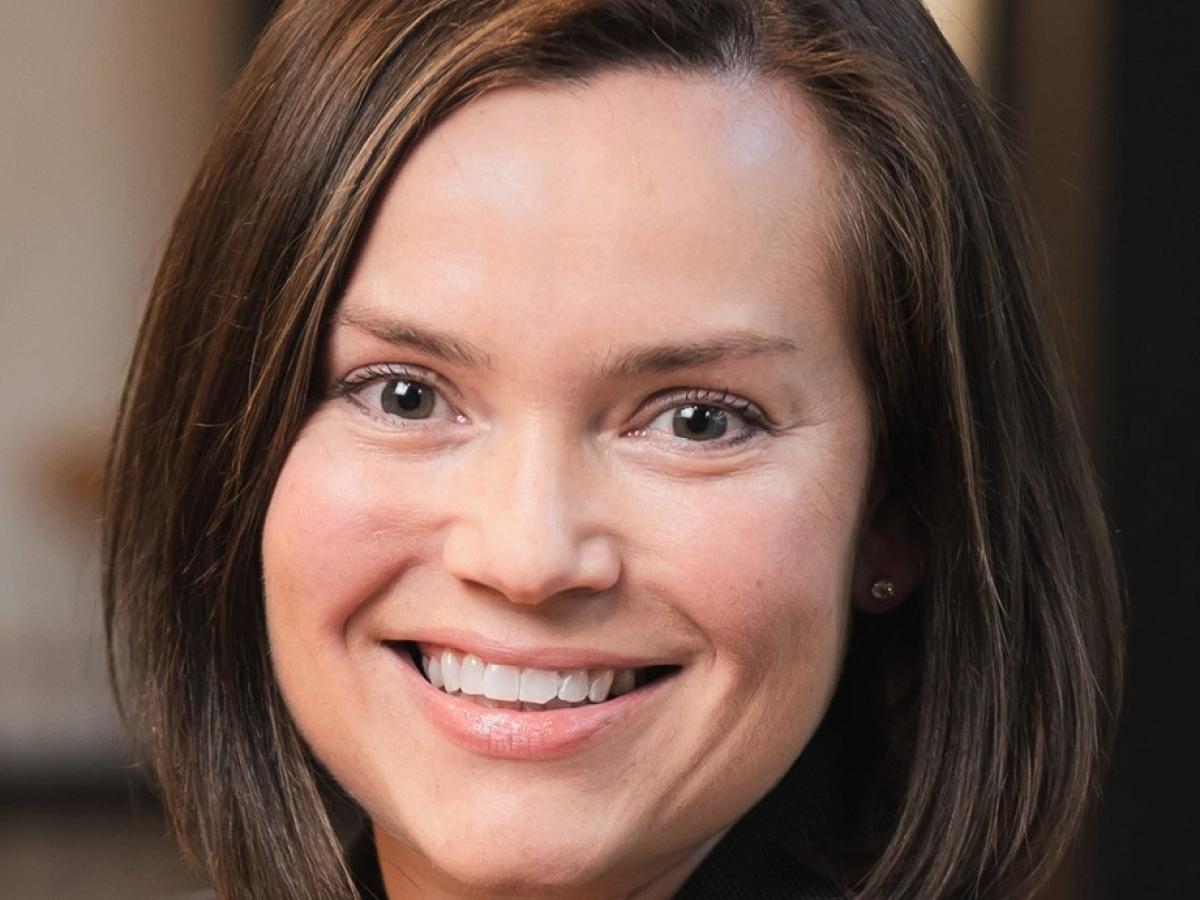
Jenny has over 20 years’ experience as an Engineer and Non-Executive Director, with expertise in decarbonisation and the energy transition. Jenny is currently the CEO of HILT CRC, a Co-Operative Research Centre that brings industry, universities and government organisations together to identify and de-risk decarbonisation pathways for Heavy Industry. Prior to this, Jenny worked across the energy industry at AEMO, the Australian Energy Market Operator where she focused on increasing renewable penetration in the Victorian transmission network, and at ExxonMobil, specialising in international joint venture and asset management. Jenny is also currently an Non-Executive Director at Gippsland Water.
Originally graduating from the University of Adelaide with a Bachelor of Engineering (Hons) & Bachelor of Science, Jenny is a graduate of the Australian Institute of Company Directors (AICD), a Fellow of the Engineers Australia, and has completed an Executive MBA from Melbourne Business School and postgraduate studies into Climate Change Policy at the Australian National University.
-
Prof Ellen B. Stechel, Co-Director, ASU LightWorks®, Arizona State University
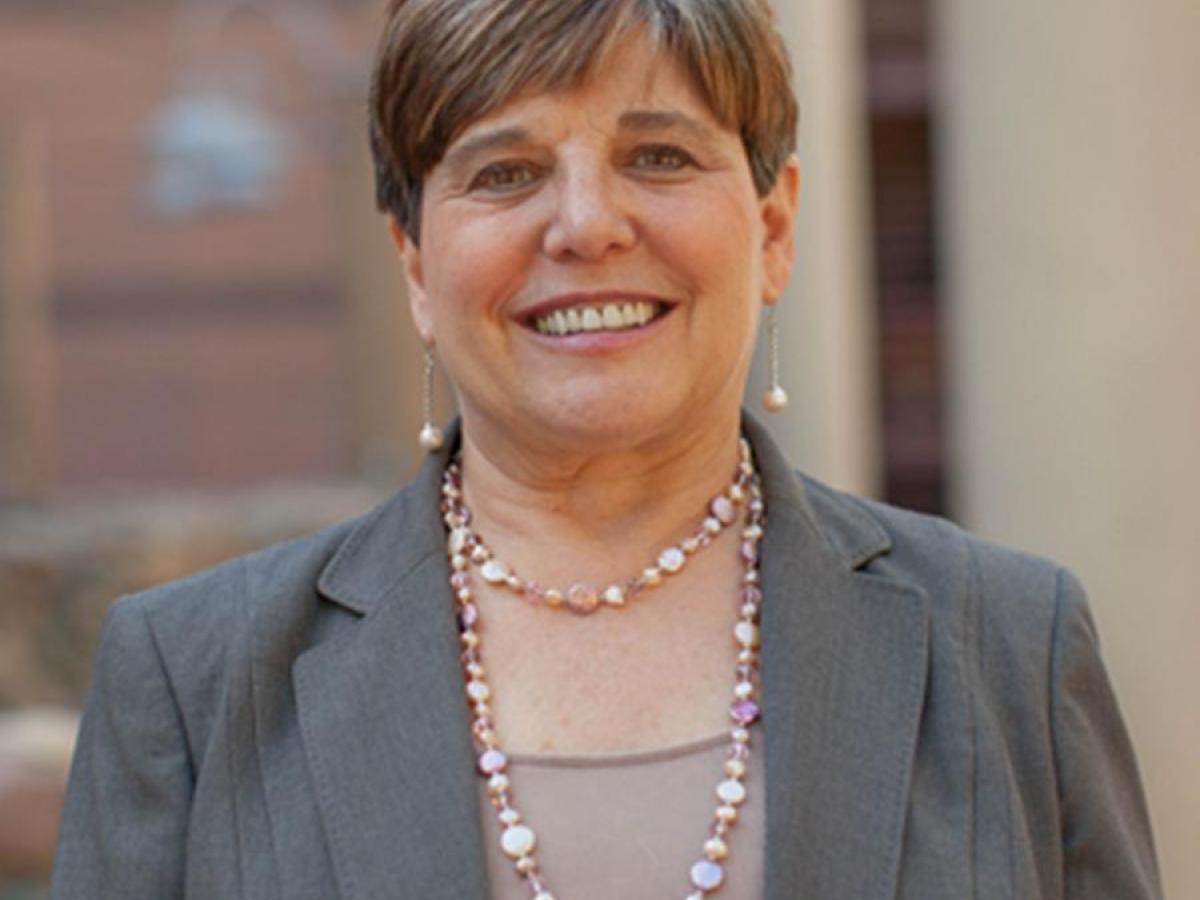
Ellen B. Stechel is the Executive Director of the Center for an Arizona Carbon-Neutral Economy, Co-Director of ASU LightWorks®, Professor of Practice, School of Molecular Sciences; and Senior Futures Scientist, Julie Ann Wrigley Global Futures Laboratory at Arizona State University (ASU). With a Ph.D. in chemical physics from the University of Chicago, her career has afforded her opportunities to build and/or coordinate research programs at a national laboratory, industry, a U.S. government agency, and now in higher education; in both basic and applied research; policy and commercialization of emerging technologies; and in multi-disciplinary R&D strategy and management. Her current research focuses on materials and systems design for solar technologies for producing sustainable liquid hydrocarbons from carbon dioxide, hydrogen from advanced water splitting, clean water, renewable ammonia, and for thermochemical and chemical energy storage.
-
Mr John Tsalapatis, Head, Green Iron Initiative Project, Zen Energy
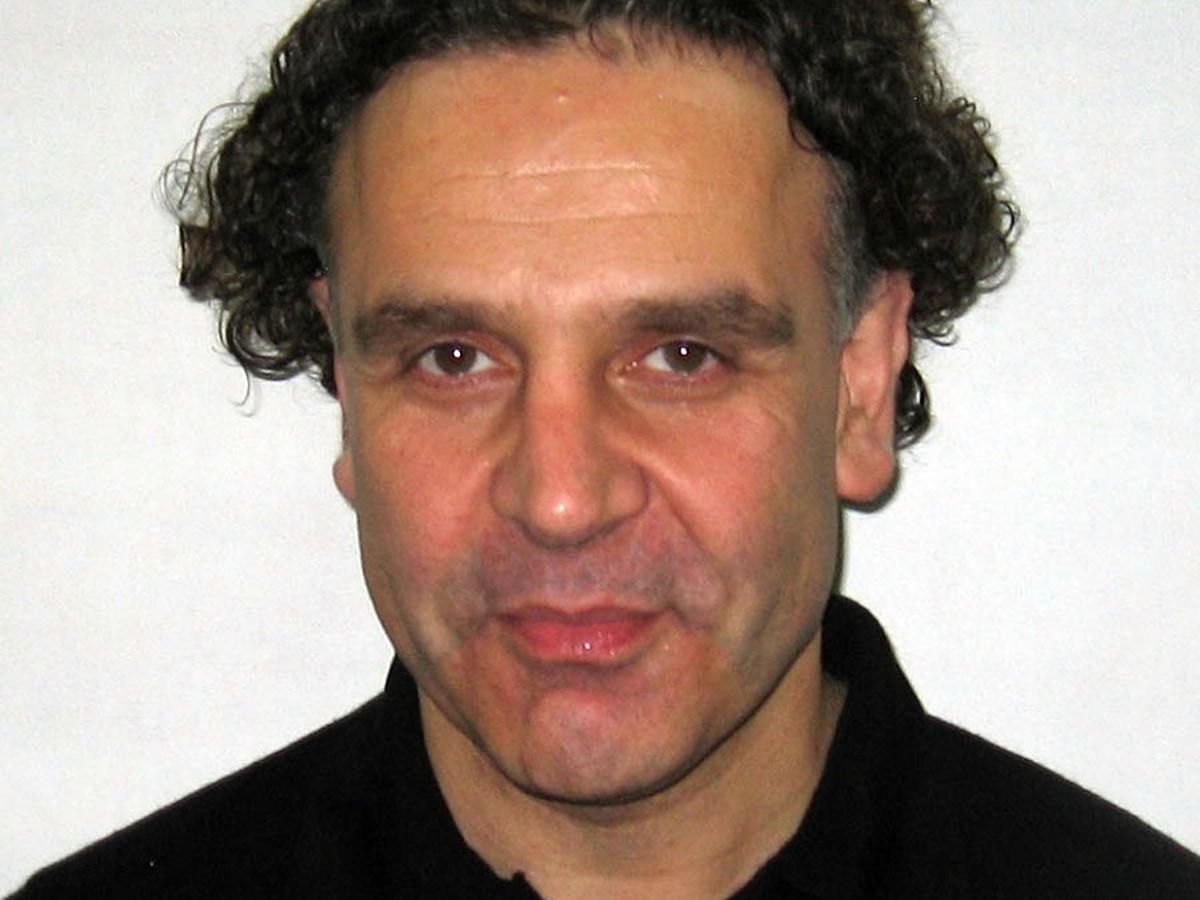
John is a highly regarded iron and steel industry professional with over 35 years of experience in applied technology and development and technical / operational leadership roles. Since 2022, he has been heading ZEN Energy’s Green Iron Initiative Project. Between 2008 and 2022, he was the Metallurgy Manager Ironmaking for OneSteel / Liberty at Whyalla.
John’s deep technical expertise has seen him work with BHP, OneSteel, Arrium, Liberty and now ZEN Energy. Commencing his career in 1988 with BHP as a Process Development Scientist in Ironmaking Technology, he steadily progressed, developing capabilities across the full ironmaking process and representing the industry at a global level.
He has been involved throughout his professional career with a wide range of integrated and alternate ironmaking processes and raw materials development, optimisation, and demonstration activities. These include heat and mass balance process modelling, sensor development and operator guidance systems implementation, energy / emissions / waste mitigation projects and asset life extension programs. He had principal involvement in devising and implementing key changes to the ironmaking process for transitioning from hematite to magnetite feed into pellets, and has extensively evaluated alternate ironmaking / direct smelting processes.
With ZEN, John continues his work towards advancing of iron and steel sector decarbonisation initiatives and has been a strong industry advocate, from inception to approval, of the Heavy Industry Low-carbon Transition (HILT) CRC. He is an advisory board member of the University of Adelaide’s Centre for Energy Technology (CET) and Bureau of Steel Manufacturers of Australia representative on the Standards Australia Iron Ores and Direct Reduced Iron committee (MN-002).
-
Mr Keith Vining, Green Metals Production, Research Group Leader, CSIRO Mineral Resources

Mr Keith Vining joined CSIRO in 2001 following industry roles in the UK, Greece, and Australia. His expertise lies in iron ore characterisation and process engineering, with research spanning agglomeration processes, binder systems, and energy reduction in metallurgical value chains.
Keith has led innovations in sinter microstructure analysis and biomass reductants and internationally patented a novel agglomeration method for upgrading goethitic iron ore fines. He also spearheaded coke-making research using neutron beam imaging to study pore structure development during carbonisation.
As Group Leader of Green Metals Production, he oversees CSIRO’s research effort on decarbonising iron and steelmaking development of high efficiency processes for magnesium and lithium metal production and pyrometallurgical research relating to critical minerals.. He leads the India-Australia Green Steel Research Program and the recently established Green Metals Innovation Network on behalf of CSIRO and the Federal Government. Keith has authored 60+ publications and holds 11 international patents on iron ore agglomeration.
-
Mr Buhle Xakalashe, Head, New Technology (Pyrometallurgy), Mintek, South Africa
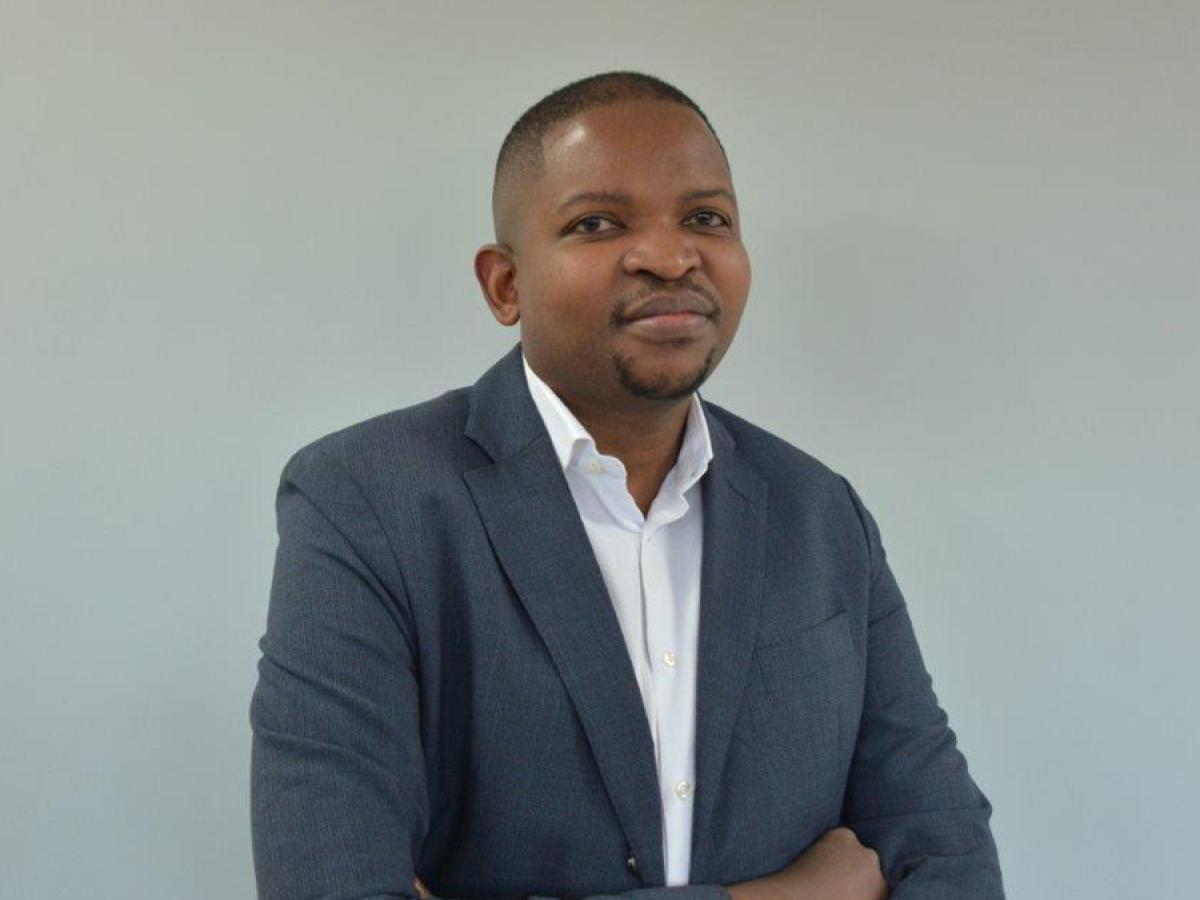
Buhle Xakalashe holds a BEng degree in Chemical Engineering from the University of Pretoria, which was funded through a Mintek bursary. He was seconded by Mintek to undertake an MSc Eng in Materials Technology with a specialisation in silicon and ferroalloy production at the Norwegian University of Science and Technology (NTNU). He is a member of the Technical Programme, and Diversity and Inclusion in the Minerals Industry (DIMI) committees of the Southern African Institute of Mining and Metallurgy (SAIMM). He participates in the organisining of numerous technical and nontechnical conferences in the Minerals industry. His publications to date, for which he has been a co-author, include over 40 peer-reviewed papers divided into publications in conference proceedings presented at international conferences, and journal papers published in leading international journals in his field. Buhle is currently the head of New Technology in the Pyrometallurgy Division at Mintek.
Buhle has over 20 years of research and development experience in the field of pyrometallurgy from the following local and global institutions: Mintek (South Africa), NTNU/SINTEF (Norway), RWTH Aachen University (Germany), KU Leuven (Belgium) and the National Technical University of Athens (NTUA) (Greece). He has been involved in metallurgical projects covering a range of commodities including but not limited to silicon for the solar industry, Ilmenite and vanadium bearing titanomagnetite smelting, FeMn production, and smelting of secondary resources for the recovery of Al, Ti, Sc and REEs as well as conditioning of the mineral by-product for downstream application and value reclamation. He has industrial experience through a stint at TRONOX Namakwa Sands’ DC arc furnace operation for the production of high TiO2 slag and pig iron. Furthermore, he has experience in hydrometallurgical processing. He is passionate about recycling, particularly battery recycling.
-
Dr Edguardo Zabetta, Director, Sumitomo SHI FW
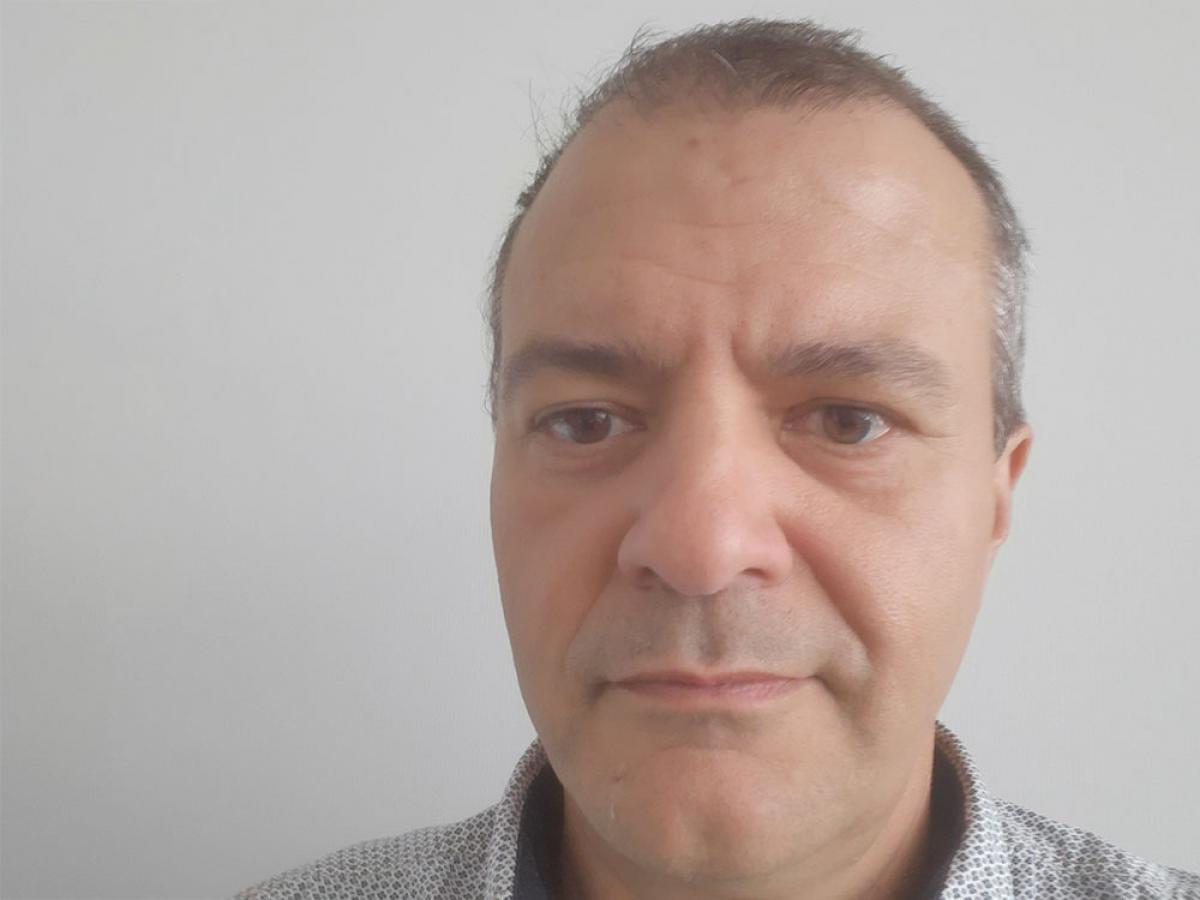
Dr Edgardo Coda Zabetta graduated in Energy Technology at Genoa University (Italy) in 1997.
He has a PhD in Combustion Chemistry from Åbo Akademi University (Finland) in 2002. Having joined Foster Wheeler as Research Specialist in 2006, he then continued as R&D manager in Combustion Chemistry and Materials and is now the director of R&D and Patents since 2014 in Foster Wheeler, which became AMEC Foster Wheeler, and ultimately Sumitomo SHI FW.
-
Prof Qingshan Zhu, Institute of Process Engineering, Chinese Academy of Sciences

In 2002, Qingshan Zhu was promoted as a full professor at the Institute of Process Engineering (IPE), Chinese Academy of Sciences (CAS), and is currently the deputy director of IPE CAS. His research interests include fluidization, process intensification, mineral roasting, low carbon process innovation, etc. Over the past decade, he has been focused on the fundamental and applied aspects of fluidization intensification of cohesive powders, where over ten new fluidized bed technologies have been established in commercialized/pilot scales. He has published over 250 peer-reviewed papers in international journals. He is the inventor of over 180 Chinese patents and over 90 international patents, of which, 10 have been licensed to several companies.
He is currently the president of the Chinese Society of Particuology (CSP), and a member of the national carbon neutrality committee. He serves as the Associate Editor-in-Chief of the Journal of Process Engineering (Chinese) and The Chinese Journal of Powder Technology, and serves on several editorial boards, including Particuology, Int. Rev. Chem. Eng., J. Crystal. Phys. Chem., J. East China Uni. Sci. Tech. (Chinese), Iron Steel Vanadium Titanium (Chinese), Chemical Engineering (Chinese). He has won a second grade National Award for Technological Invention, a first grade award of the CSP, and a first grade award of the Chinese Society of Petrochemical and Chemical Engineering.
International steering committee
Organising committee for HiTeMP-5
- Professor Gus Nathan, HiTeMP-5 Convenor, Institute for Sustainability, Energy and Resources, The University of Adelaide & HILT CRC
- Professor Greg Metha, Centre for Energy Technology, The University of Adelaide
- Dr Woei Saw, Centre for Energy Technology, The University of Adelaide
- Dr Alfonso Chinnici, Centre for Energy Technology, The University of Adelaide
- Dr Gule 'Elena' Li, Centre for Energy Technology, The University of Adelaide
- Dr Zhiwei Sun, Centre for Energy Technology, The University of Adelaide
- Prof Peter Ashman, Centre for Energy Technology, The University of Adelaide and HILT CRC
- Dr Jordan Parham, Strategic Initiatives and Partnership Director, HILT CRC
- Ms Victoria Edwards, Administrator, Centre for Energy Technology, The University of Adelaide
- Ms Jen Thomas, Communications Coordinator, Institute for Sustainability, Energy and Resources, The University of Adelaide
